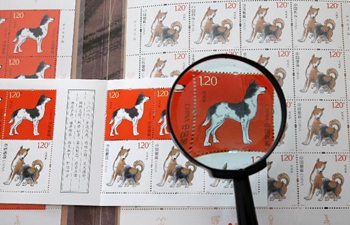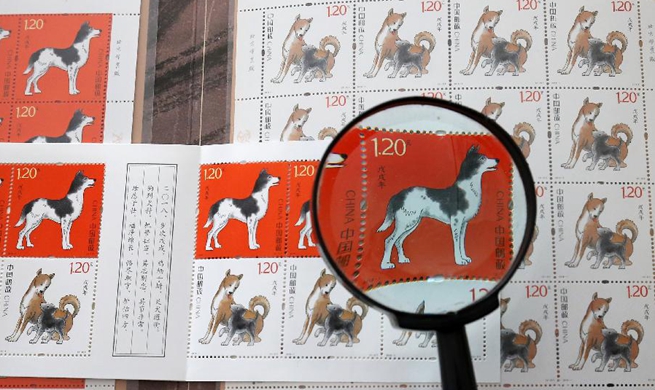TAIPEI, Jan. 3 (Xinhua) -- Taiwanese scientists have discovered that circular RNA (circRNA) plays a key functional role in pluripotent stem cells, which may help the development of regenerative medicine or medical technologies.
At a press conference Wednesday, Kuo Hung-Chih, an associate research fellow in the Institute of Cellular and Organismic Biology at Taiwan's Academia Sinica, said that his team had found that human pluripotent stem cells contain high levels of certain circRNAs, and one type of circRNA, circBIRC6, acts to regulate stem cell pluripotency.
By manipulating the expression of circBIRC6, researchers were able to direct pluripotent stem cells to either maintain pluripotency or initiate cellular differentiation, according to Kuo.
The scientist explained that when cells in human body become aged or injured, pluripotent stem cells could provide a means for repair. These cells can be induced to form a variety of different cell types and may be able to replace dysfunctional cells or regrow damaged tissues.
Therefore, pluripotent stem cells may find their greatest use in the emerging field of regenerative medicine. In addition, pluripotent stem cells can be used to study developmental biology and disease pathogenesis or to facilitate new drug discovery.
Many research and medical institutions around the world have begun to investigate clinical cell therapy and drug development applications that are based on pluripotent stem cells.
Kuo said pluripotent stem cells include both embryonic stem cells and induced pluripotent stem cells (iPSCs). Embryonic stem cells must be isolated from embryos and are not readily available.
Although iPSCs can be directly derived from various somatic cell types, the mechanisms by which pluripotent stem cells regulate pluripotency and differentiation are not fully understood, according to Kuo.
The existence of circRNA is a recent discovery.
"In the past, circRNAs were considered to be mistakes in RNA processing, but current research shows that circRNAs may have important functions, including the regulation of gene expression," Kuo said.
He said that understanding circRNAs might be helpful in the development of innovative medical technologies such as diagnostic tools or treatments for cancers, Parkinson's and Alzheimer's diseases.

















